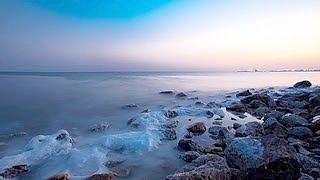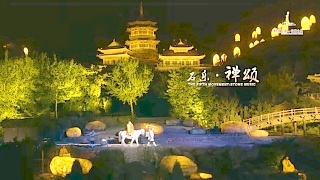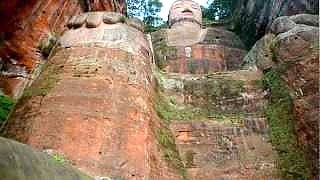With Walk East ...
[640],shadow=true,start=,stop=With KimberleyExploring ...
Qingdao, located in the eastern part of China's Shandong Province, is a beautiful coastal city known for its European-style architecture, stunning beaches, delicious seafood, and vibrant cultural scene. Here's a guide for tourists visiting Qingdao:
Beaches: Qingdao is famous for its golden sandy beaches. The most popular ones include the No. 1 Bathing Beach, which is located near the city center and offers various water activities such as swimming and jet skiing. Golden Beach and Silver Beach are also worth visiting for their picturesque scenery and clean waters.
Tsingtao Beer Museum: As the birthplace of Tsingtao Beer, Qingdao is home to the Tsingtao Beer Museum. Visitors can learn about the history of beer brewing in Qingdao, see vintage brewing equipment, and enjoy beer tastings.
Pier and Zhanqiao: Zhanqiao Pier is one of Qingdao's most iconic landmarks. Visitors can walk along the pier, which extends into the sea and offers panoramic views of the coastline and nearby islands. The nearby Huilan Pavilion is a great spot for taking photos.
Laoshan Mountain: Located just outside the city, Laoshan Mountain is a scenic area known for its Taoist temples, lush forests, and hiking trails. Visitors can take a cable car to the mountaintop for breathtaking views of the surrounding landscape.
Qingdao Underwater World: This aquarium is home to thousands of marine creatures, including sharks, dolphins, and colorful tropical fish. It's a great place to visit, especially for families with children.
German Architecture: Qingdao has a unique blend of Chinese and European architecture, reflecting its colonial past. The Badaguan Scenic Area is famous for its tree-lined streets and well-preserved villas built during the German colonial period.
Local Cuisine: Qingdao is known for its delicious seafood, particularly its fresh oysters, clams, and prawns. Be sure to try local specialties such as seafood hotpot, grilled squid, and seafood pancakes.
May Fourth Square: This expansive public square is named after the May Fourth Movement and features the iconic May Wind sculpture. It's a popular spot for leisurely strolls and people-watching.
Island Hopping: Qingdao is surrounded by several small islands, including Zhangqiu Island, Huangdao Island, and Dayang Island. Visitors can take boat tours to explore these islands, relax on their beaches, and enjoy water sports.
Qingdao International Beer Festival: If you happen to visit Qingdao in late summer, don't miss the annual International Beer Festival held in August. It's one of the largest beer festivals in Asia, featuring live music, cultural performances, and of course, plenty of beer.
Whether you're interested in history, culture, outdoor activities, or simply relaxing by the sea, Qingdao offers something for every type of tourist to enjoy.

 QingDao, ShanDong province
QingDao, ShanDong province






















